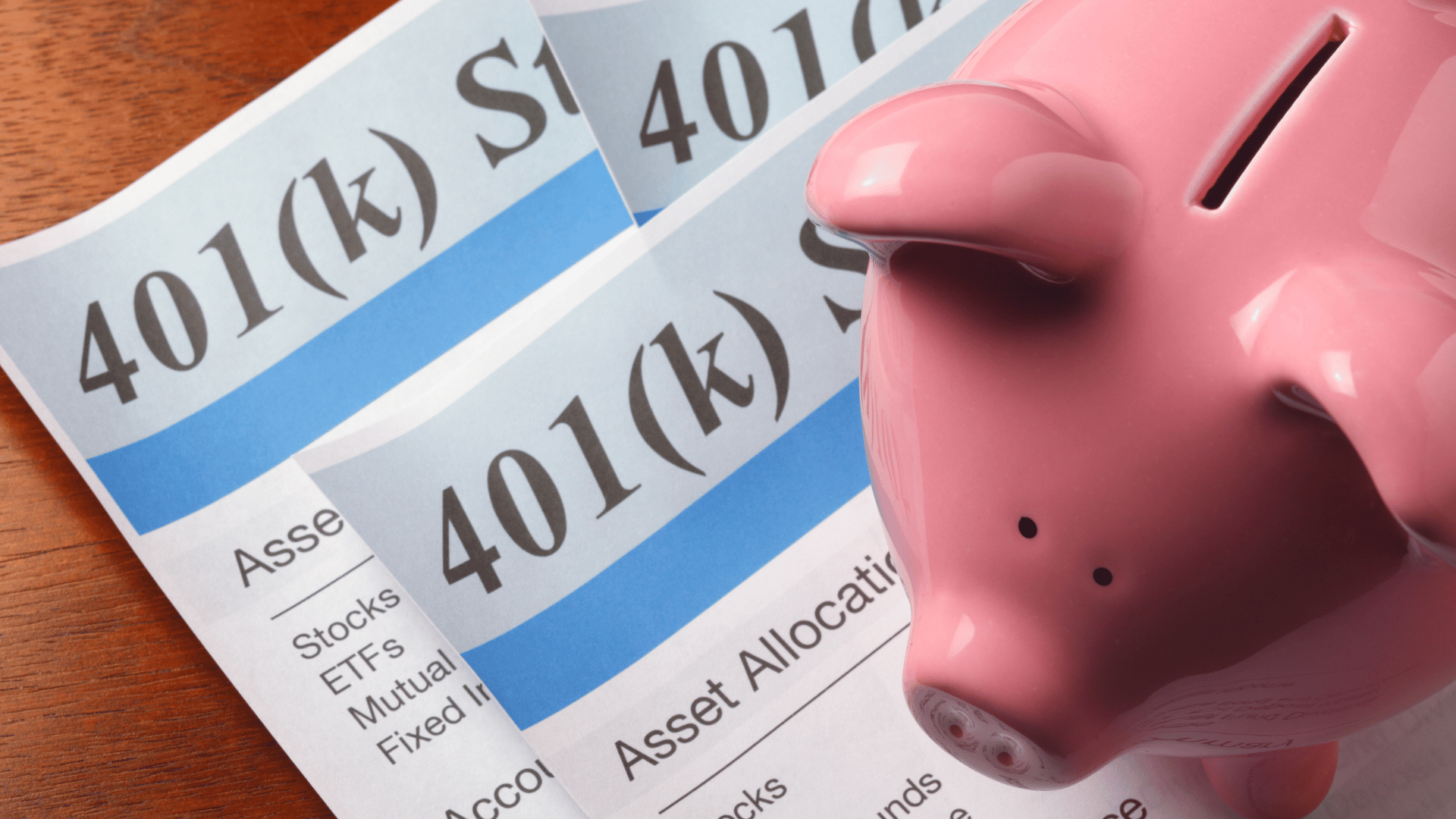The first half of 2020 has been a rollercoaster ride. The COVID-19 pandemic completely altered our way of life and threw the economy into a tailspin. Most states have started the reopening process, but there is still significant uncertainty about the long-term impact of coronavirus and how long the pandemic will continue.
Federal Reserve Chairman Jerome Powell recently said the economy faces a “long road” to recovery, and predicted the process may take through 2022. 1 While the recovery may be a long-term journey, there have been some signs of hope in recent months:
Stock Market Returns
The stock market had been enjoying the longest bull market in history before the coronavirus pandemic hit. 2 The bull market came to an abrupt end starting in late February. On February 20, the S&P hit a high of 3373. From that point through March 23, the S&P fell to 2237, a decline of 33.7%. 3
However, since that time, the market has increased to 3115 through June 18. That’s an increase of 39.25%. The S&P is nearly back to its pre-COVID levels. 3
Of course, it’s impossible to predict the future direction of the markets. Just because the market has been on an upswing doesn’t mean it will continue. A spike in cases or a second round of shutdowns could send the markets back into a decline.
Unemployment
The pandemic has driven unemployment to record-high levels. Through mid-June, the country had 13 consecutive weeks with more than 1 million new jobless claims. Prior to the coronavirus pandemic, the record for a single week was 695,000 in May 1982. 4
The good news is that jobless claims have been declining. At the beginning of the pandemic, weekly jobless claims exceeded 6 million. In fact, up until late-May, they exceeded 2 million. So while jobless claims remain at record highs, they are on the decline. The amount of continuing claims has also dropped from 25 million in early May to just over 20 million in early June. 4
Consumer Spending
Consumer spending was impacted significantly by the COVID-19 pandemic. That’s not surprising, given most states were effectively shut down for two months. In April, consumer spending dropped by 16.4%, a record monthly decline. 5
In May, consumer spending set another record—this time for biggest monthly increase. The figure rose by 17.7%, driven by large increases in clothing (188%), furniture (+90%), sporting goods (+88%), and electronics (+55). 5
Consumer spending by itself doesn’t mean the economy is on the path to recovery. There are still plenty of uncertainties in the economy. However, it is a good sign that consumer spending is nearly back to its pre-pandemic levels.
This is uncharted territory for all of us. The situation and data changes so fast that it’s impossible to project where the economy may be headed. A comprehensive strategy that aligns with your goals and risk-tolerance can keep you on track to meet your long-term objectives.
Let’s connect today and talk about your concerns, questions and challenges. At Oliver Asset Management, we can help you develop and implement a strategy. Contact us today and let’s start the conversation.
Advisory services offered through Change Path, LLC a Registered Investment Adviser. Change Path, LLC and Oliver Asset Management are unaffiliated entities.














